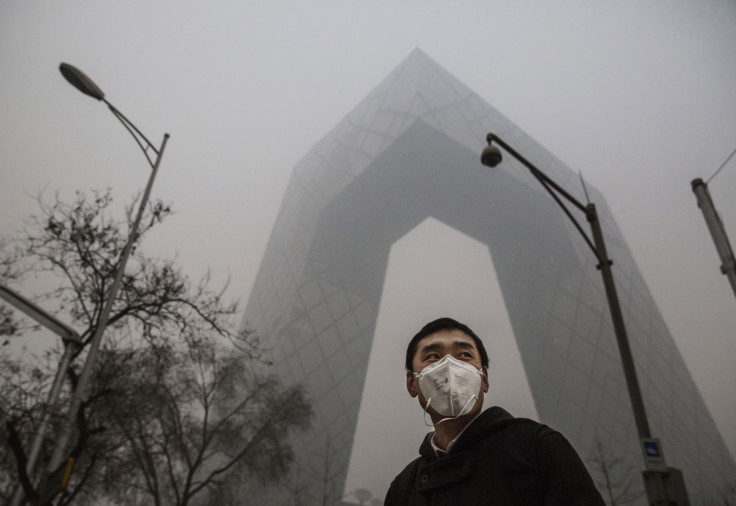New coronavirus study claims surgical masks can control transmissions
Until a vaccine is available, everyone should follow the safety precautions detailed by the World Health Organization.
The ongoing debate regarding face masks in relation to coronavirus transmissions appears to be finally over. Early into the outbreak, healthcare experts already highlighted the importance of wearing protective gear. A suggestion followed wherein only those with COVID-19 should wear surgical masks. Finally, another group noted that it should be worn by everyone. A study that recently concluded in Hong Kong seems to ultimately confirm that the latter is the most effective against its spread.
It has been already established that SARS-CoV-2 is highly contagious. Its primary mode of transmission is through respiratory droplets both airborne and on surfaces. Hence, those working in close proximity to COVID-19 patients are required to don PPEs, surgical masks, and face shields as new data claim the virus can potentially infect another through their eyes.
A new finding has been released by the University of Hong Kong's department of microbiology, which is likely to be published in the Clinical Infectious Diseases medical journal, and is yet to be peer reviewed. According to it, wearing surgical masks show a significant reduction of transmission. The numbers provided show a drop of 75 percent in non-contact infections via airborne particles.
Dr. Yuen Kwok-yung, a renowned microbiologist from the said educational establishment, stated: "The findings implied to the world and the public is that the effectiveness of mask-wearing against the coronavirus pandemic is huge."
The experiment involved the use of hamsters as models. There were three scenarios presented and each one had a caged group with COVID-19 and another full of healthy subjects. The first covered the infected cage with face masks, while the second covered the healthy hamsters' cage. Finally, the third did not use face masks at all. Fans were used to help circulate respiratory droplets within the testing area.
Results from the first reportedly show the infection rate drops to around 15 percent. For the second experiment, it was higher at 33 percent. In the last scenario, almost all of the healthy hamsters were infected after a week of exposure.

Yuen explained, "In our hamster experiment, it shows very clearly that if infected hamsters or humans -- especially asymptomatic or symptomatic ones -- put on masks, they actually protect other people." Until a vaccine is available, everyone should follow the safety precautions detailed by the World Health Organization (WHO).
© Copyright IBTimes 2025. All rights reserved.





















